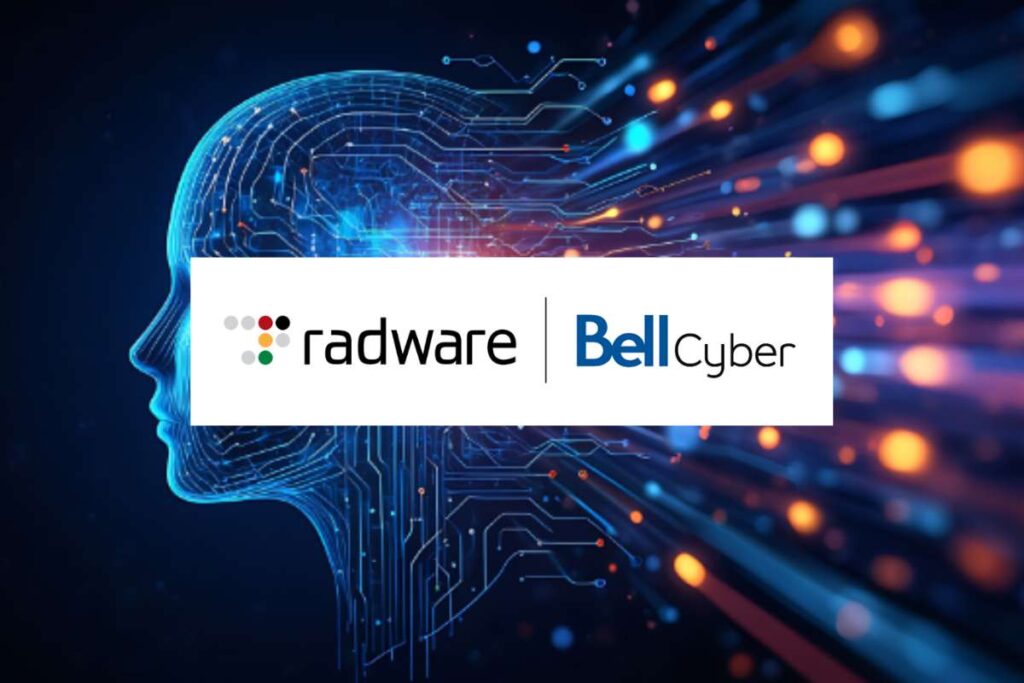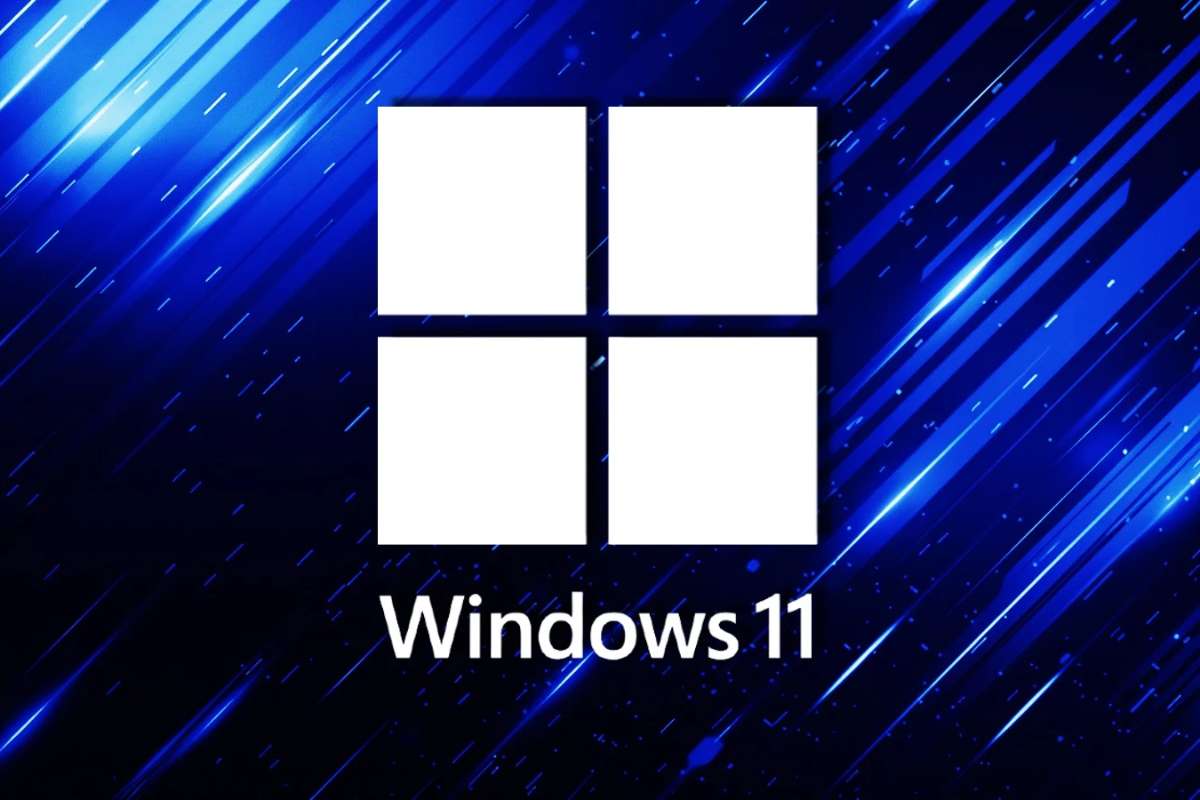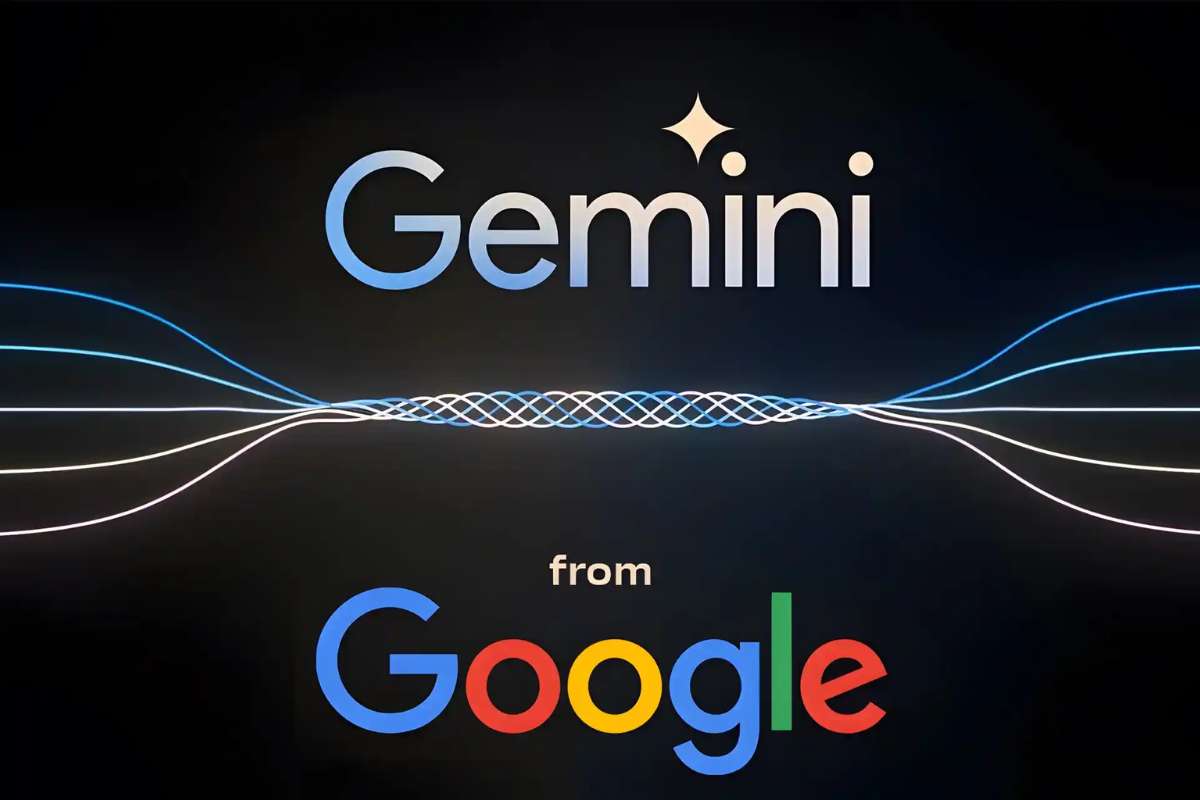Imagine if your contracts could automatically take care of themselves without needing a middleman. That’s what smart contracts do! These digital agreements live on the blockchain, making transactions faster, cheaper, and more secure. From buying a house to managing a supply chain, these contracts are changing the game. In this article, we’ll explore how they work, their benefits, the challenges they face, and what the future holds for this exciting technology.
What is a Smart Contract?
Imagine a world where contracts are not just written on paper but are coded into software, which executes automatically when certain conditions are met. That’s the essence of a smart contract. In the simplest terms, a smart contract is a self-executing contract with the terms of the agreement directly written into lines of code. This code and the agreements contained within it exist across a distributed, decentralized blockchain network.
Brief History
The concept of smart contracts was first introduced by computer scientist and cryptographer Nick Szabo in 1994. Szabo, who also created the idea of a digital currency called “bit gold” in 1998, envisioned these contracts as a way to automate and enhance traditional contract law. However, it wasn’t until the advent of blockchain technology, particularly with Ethereum, that these contracts became practical and widely used.
Importance of Smart Contracts in Blockchain
These contracts are integral to the blockchain ecosystem. They provide a way to exchange money, property, shares, or anything of value in a transparent, conflict-free way while avoiding the services of a middleman. Blockchain’s decentralized nature ensures that these contracts are not controlled by any single entity, making them resistant to censorship and tampering.
How Do These Contracts Work:

1. Basics of Blockchain Technology
Before diving into how these contracts work, it’s essential to understand the basics of blockchain technology. A blockchain is a distributed ledger that records transactions across many computers in such a way that the registered transactions cannot be altered retroactively. Each block in the chain contains a list of transactions, and these blocks are linked together to form a chain, hence the name blockchain.
2. Role of Smart Contracts in Blockchain
These contracts are programs stored on a blockchain that run when predetermined conditions are met. They are typically used to automate the execution of an agreement so that all participants can be immediately certain of the outcome, without any intermediary’s involvement or time loss. Moreover, they can automate a workflow, triggering the next action when conditions are met.
Execution Process of Smart Contracts
The execution of a smart contract involves the following steps:
- Agreement Creation: Parties involved define the rules and penalties of the agreement in a code.
- Deployment: The contract is deployed on the blockchain network.
- Triggering Conditions: The smart contract stays dormant until the conditions defined in the code are met.
- Execution: Once the conditions are met, the contract automatically executes the agreement.
- Recording: The transaction is recorded on the blockchain, ensuring transparency and immutability.
Key Features
1. Self-Executing
These contracts are self-executing with the terms of the agreement directly written into lines of code. This eliminates the need for intermediaries, such as lawyers or brokers, to facilitate the contract.
2. Transparency
Because these contracts are stored on a blockchain, they are transparent and can be audited by anyone. This ensures that all parties can see the contract’s terms and conditions, promoting trust and accountability.
3. Immutability
Once a smart contract is deployed on the blockchain, it cannot be altered. This immutability ensures that the contract’s terms cannot be tampered with, providing security and trustworthiness.
4. Decentralization
These contracts operate on decentralized blockchain networks, meaning they are not controlled by a single entity. This decentralization makes them resistant to censorship and tampering.
Benefits of Smart Contracts

1. Efficiency and Speed
These contracts can automate tasks using software code, making processes faster and more efficient. There’s no need to process documents manually, saving time and reducing errors.
2. Cost Savings
By eliminating intermediaries and the associated fees, these contracts can significantly reduce costs. This is particularly beneficial in industries such as finance and real estate, where traditional processes are costly and time-consuming.
3. Accuracy
These contracts are precise because they are based on software code. This precision eliminates the risk of human error, ensuring that the contract’s terms are executed exactly as intended.
4. Security
These contracts leverage the blockchain’s cryptographic security, making them highly secure. Once deployed, they are immutable, and the data is encrypted, ensuring the integrity and confidentiality of the contract.
Use Cases of Smart Contracts
1. Financial Services
In the financial sector, these contracts can automate processes such as loan agreements, insurance claims, and securities trading. For example, they can automatically release funds when certain conditions are met, streamlining the process and reducing the risk of fraud.
2. Supply Chain Management
These contracts can enhance transparency and efficiency in supply chain management. They can be used to track goods’ movement, ensuring that all parties are aware of the product’s status at any time. This transparency reduces disputes and ensures timely deliveries.
3. Real Estate
In real estate, these contracts can simplify property transactions by automating the process of transferring ownership and ensuring that all conditions are met before the transfer is completed. This reduces the need for intermediaries and speeds up the transaction process.
4. Healthcare
These contracts can securely manage patient records in the healthcare sector. They can ensure that patient data is only accessible to authorized parties and automatically update records as needed. This enhances data security and streamlines administrative processes.
5. Insurance
Insurance companies can use these contracts to automate claims processing. For example, if a policyholder files a claim, the smart contract can automatically verify the claim’s validity and trigger a payout if the conditions are met, reducing processing time and costs.
Challenges and Limitations
1. Legal and Regulatory Issues
One of the main challenges of these contracts is the lack of legal recognition in many jurisdictions. Legal frameworks need to evolve to accommodate the unique nature of smart contracts, ensuring they are enforceable in a court of law.
2. Technical Complexity
Developing these contracts requires a high level of technical expertise. Writing the code correctly is crucial, as any errors can lead to significant losses. Moreover, these contracts must be thoroughly tested to ensure they function as intended.
3. Security Concerns
While these contracts are generally secure, they are not immune to vulnerabilities. Hackers can exploit flaws in the code, leading to significant financial losses. Continuous monitoring and updates are necessary to maintain security.
4. Lack of Awareness and Understanding
Despite their potential, smart contracts are still relatively new, and many people and businesses are unaware of how they work or their benefits. Education and awareness campaigns are essential to promote the adoption of these contracts.
Popular Platforms for Smart Contracts
1. Ethereum
Ethereum is the most well-known platform for these contracts. It provides a decentralized virtual machine, the Ethereum Virtual Machine (EVM), which can execute scripts using an international network of public nodes. Ethereum’s native cryptocurrency, Ether (ETH), is used to pay for transaction fees and computational services on the network.
2. Binance Smart Chain
Binance Smart Chain (BSC) is a blockchain platform that runs parallel to the Binance Chain. It supports these contracts and is compatible with the Ethereum Virtual Machine (EVM), allowing developers to deploy their Ethereum applications on BSC with minimal changes.
3. Polkadot

Polkadot is a multi-chain platform that enables different blockchains to interoperate. It supports these contracts through its parachain architecture, allowing developers to build decentralized applications (dApps) that can interact with multiple blockchains.
4. Cardano
Cardano is a blockchain platform that aims to provide a more secure and scalable infrastructure for the development of these contracts and dApps. It uses a unique proof-of-stake consensus mechanism called Ouroboros, which is designed to be more energy-efficient than traditional proof-of-work systems.
5. Solana
Solana is a high-performance blockchain platform that supports these contracts and dApps. It aims to provide fast transaction speeds and low fees, making it an attractive option for developers looking to build scalable applications.
Future of Smart Contracts
1. Potential Developments
The future of these contracts is promising, with numerous potential developments on the horizon. Improvements in blockchain technology, such as increased scalability and security, will enhance these contracts’ functionality and usability. Additionally, advancements in artificial intelligence and machine learning could enable more sophisticated and intelligent smart contracts.
2. Integration with Other Technologies
These contracts are likely to be integrated with other emerging technologies, such as the Internet of Things (IoT) and decentralized finance (DeFi). For example, these contracts could automate interactions between IoT devices, enabling seamless machine-to-machine communication and transactions.
3. Predictions and Trends
Experts predict that these contracts will become increasingly mainstream in the coming years, with widespread adoption across various industries. As legal frameworks evolve and businesses become more aware of the benefits of these contracts, their use is expected to grow significantly.
FAQs
1. What is a Smart Contract in simple terms?
A smart contract is a self-executing contract with the terms of the agreement directly written into code, which runs on a blockchain.
2. How do Smart Contracts benefit businesses?
These contracts benefit businesses by increasing efficiency, reducing costs, ensuring accuracy, and enhancing security through automation and decentralization.
3. Are Smart Contracts legally binding?
The legal status of these contracts varies by jurisdiction. While some regions recognize them as legally binding, others are still developing the necessary legal frameworks.
4. Which industries use Smart Contracts the most?
Industries that frequently use these contracts include finance, supply chain management, real estate, healthcare, and insurance.
5. What are the risks associated with Smart Contracts?
Risks include legal and regulatory uncertainties, technical complexity, security vulnerabilities, and a lack of widespread awareness and understanding.
Conclusion
Smart contracts represent a significant advancement in how agreements are made and executed. By leveraging blockchain technology, they offer numerous benefits, including efficiency, cost savings, accuracy, and security. However, challenges such as legal recognition, technical complexity, and security concerns must be addressed to realize their full potential. As the technology evolves and adoption increases, these contracts are poised to revolutionize various industries, paving the way for a more automated and transparent future.






